Diseases and Conditions › Blood Pressure › Help To Calm Yourself And Feel Less Anxious
Even the most laidback person knows what it feels like when you are anxious. Your heard beats faster, breathing comes more quickly and you feel wound up in many different physical and emotional ways.
Anxiety is uncomfortable. Your body is on "high alert". Your body is poised to flight, flee or freeze. These reactions, although natural and instinctive, are not usually the most appropriate responses to circumstances faced in this day and age.
As you get older most people experience anxiety more frequently, perhaps because you get to feel less in control of many aspects in your life. Your body isn't as strong and able as it used to be and many things you used to take for granted become difficult if not impossible to do. To feel out of control does naturally trigger anxiety. This is totally understandable.
Although understandable, the anxiety response in many circumstances only serves to aggravate matters. For example I came across a lady who is in her eighties the other day in an extreme state if anxiety because she couldn’t find her favorite pen. She had many other perfectly good pens, she had used this particular pen within the last few hours and she hadn’t been out of the room where she was since then.
Thus it was clear that the pen must be in the room, albeit not easy to locate at first glance. It couldn't have really been lost and its whereabouts would inevitably be revealed in due course. Her response was totally out of proportion to the event.
But was it really that out of proportion? If you think about it, this lady already lives in a constant state where she feels out of control. She feels vulnerable and "wobbly" every moment of the day. The lost pen was merely a tipping point that pushed her anxiety over the edge.
The majority of elderly people will relate to this type of event. Those who have learned over the years how to soothe their nerves and put things into better perspective will respond more calmly because of this past learning.
It is hugely important for your mental equilibrium to learn how to relax and calm yourself. It is important to learn how to take a step back and to put things into a better perspective. The earlier in life you learn this ability the easier life will be.
In effect you can train your brain to see whether something is a real threat or an imagined threat and thus respond more appropriately. This can be achieved at any age, but the younger you are the easier it is to achieve and the more time left to reinforce this habit.
Hypnosis is very helpful in retraining yourself to be calmer and less anxious. Hypnosis is a natural state of relaxation and therefore simply by using hypnosis you will feel calmer.
There is an added and very important benefit that you can gain from the use of hypnosis. Hypnosis provides access to your subconscious mind, which is the part of your mind that acts automatically and instinctively. Suggestions can be made to interrupt inappropriate triggers to anxiety and pave the way to responding to such circumstances in a calmer and more logical manner.
Roseanna Leaton, specialist in hypnosis mp3 downloads to help cope with anxiety better.
P.S. Discover how you can focus your mind with hypnosis. Grab a free hypnosis mp3 from my website now.
http://www.RoseannaLeaton.com
Anxiety is uncomfortable. Your body is on "high alert". Your body is poised to flight, flee or freeze. These reactions, although natural and instinctive, are not usually the most appropriate responses to circumstances faced in this day and age.
As you get older most people experience anxiety more frequently, perhaps because you get to feel less in control of many aspects in your life. Your body isn't as strong and able as it used to be and many things you used to take for granted become difficult if not impossible to do. To feel out of control does naturally trigger anxiety. This is totally understandable.
Although understandable, the anxiety response in many circumstances only serves to aggravate matters. For example I came across a lady who is in her eighties the other day in an extreme state if anxiety because she couldn’t find her favorite pen. She had many other perfectly good pens, she had used this particular pen within the last few hours and she hadn’t been out of the room where she was since then.
Thus it was clear that the pen must be in the room, albeit not easy to locate at first glance. It couldn't have really been lost and its whereabouts would inevitably be revealed in due course. Her response was totally out of proportion to the event.
But was it really that out of proportion? If you think about it, this lady already lives in a constant state where she feels out of control. She feels vulnerable and "wobbly" every moment of the day. The lost pen was merely a tipping point that pushed her anxiety over the edge.
The majority of elderly people will relate to this type of event. Those who have learned over the years how to soothe their nerves and put things into better perspective will respond more calmly because of this past learning.
It is hugely important for your mental equilibrium to learn how to relax and calm yourself. It is important to learn how to take a step back and to put things into a better perspective. The earlier in life you learn this ability the easier life will be.
In effect you can train your brain to see whether something is a real threat or an imagined threat and thus respond more appropriately. This can be achieved at any age, but the younger you are the easier it is to achieve and the more time left to reinforce this habit.
Hypnosis is very helpful in retraining yourself to be calmer and less anxious. Hypnosis is a natural state of relaxation and therefore simply by using hypnosis you will feel calmer.
There is an added and very important benefit that you can gain from the use of hypnosis. Hypnosis provides access to your subconscious mind, which is the part of your mind that acts automatically and instinctively. Suggestions can be made to interrupt inappropriate triggers to anxiety and pave the way to responding to such circumstances in a calmer and more logical manner.
Roseanna Leaton, specialist in hypnosis mp3 downloads to help cope with anxiety better.
P.S. Discover how you can focus your mind with hypnosis. Grab a free hypnosis mp3 from my website now.
http://www.RoseannaLeaton.com
Article By: Roseanna Leaton
Help To Lower Your Blood Pressure
Help To Control Your Emotions
Help To Stop Feeling Anxious
Explore Generic Crestor, Reduce Cardiac Threatens
Anxiety Is More Common In Women Than Men
Treat Your High Blood Pressure Efficiently Before This Has Become The Bane Of Your Life, Find Out The Significant Remedy
Replace Bad Cholesterol With Good Cholesterol In Your Body With Crestor
how does the body maintain blood pressure
maintaining blood pressure
how the body maintains blood pressure
effects of CHD
how is diabetes treated
how does the body respond to high blood pressure
introduction of diabetes mellitus
how does the heart maintain blood pressure
how does body maintain blood pressure
understanding heart rate
how is blood pressure maintained
how does the body maintain normal blood pressure
how body maintains blood pressure
how long can you live with mesothelioma
introduction to diabetes mellitus
50 ways to love your liver
otolam
what maintains blood pressure
does the heart maintain blood pressure
Compare the homeostatic mechanisms that maintain normal blood pressure and heart rate
social effects of chd
signs of unhealthy eyes
Compare the homeostatic mechanisms that maintain normal blood pressure and heart rate
how to maintain blood pressure
unhealthy eyes
mechanisms that maintain blood pressure
does the heart help maintain blood pressure
mechanisms to maintain blood pressure
how do arteries aid in maintaining blood pressure
social impacts of CHD
Physiological mechanisms to maintain normal blood pressure
maintain blood pressure
how is blood pressure maintained in the body
describe the process by which the body maintains normal blood pressure
what maintains blood pressure in body
laser treatment for ear infections
how does your body maintain blood pressure
diabetes mellitus introduction
increase resistance decrease pressure
understanding your heart rate
otolam procedure
how to save eyesight
effects of CHD on health
osa ohs
how to keep a healthy prostate
what mechanisms maintain blood pressure
how the heart maintains blood pressure
how does our body maintain blood pressure
how do cataracts occur
diabetes mellitus 101
Most Read
New Articles
Most Viewed
Most Downloads
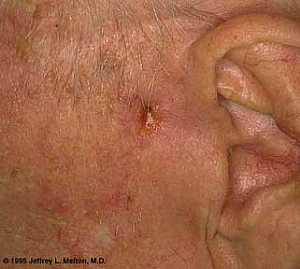 Basal Cell Carcinoma ("Rodent Ulcer" Type)
Basal Cell Carcinoma ("Rodent Ulcer" Type)
 Basal Cell Carcinoma (Histology-Morpheaform Type)
Basal Cell Carcinoma (Histology-Morpheaform Type)
 Basal Cell Carcinoma (Histology-Nodular Type - High power)
Basal Cell Carcinoma (Histology-Nodular Type - High power)
 Basal Cell Carcinoma (Histology-Nodular Type- High power)
Basal Cell Carcinoma (Histology-Nodular Type- High power)
 Skin
Skin
 Nervous System -- Basic
Nervous System -- Basic
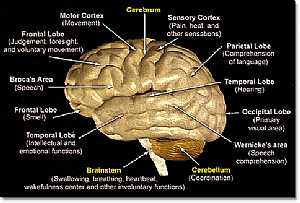 Brain anatomy
Brain anatomy
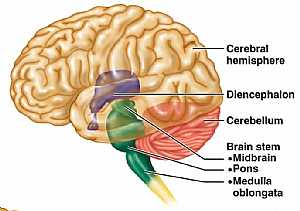 Brain anatomy
Brain anatomy
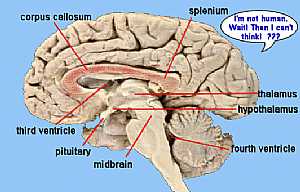 Brain anatomy
Brain anatomy
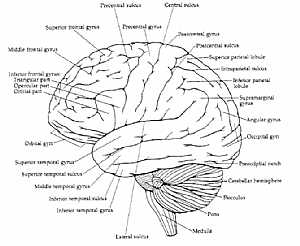 Brain anatomy
Brain anatomy
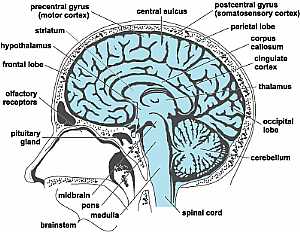 Head anatomy
Head anatomy
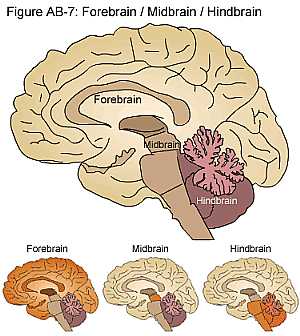 Brain anatomy
Brain anatomy
eDoctorOnline.com does not provide medical advice, diagnosis or treatment.
© Copyright 2001-2022 eDoctorOnline.com
© Copyright 2001-2022 eDoctorOnline.com

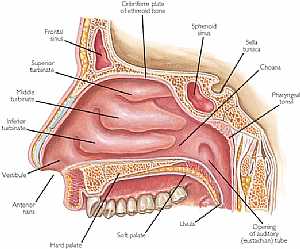 Nose anatomy
Nose anatomy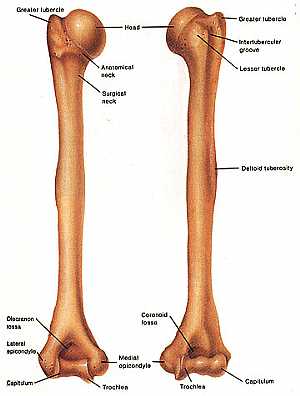 Humerus bone
Humerus bone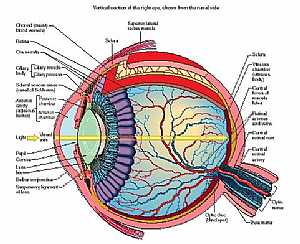 Eye anatomy
Eye anatomy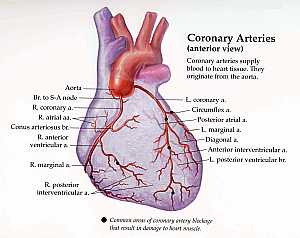 Coronary arteries anatomy
Coronary arteries anatomy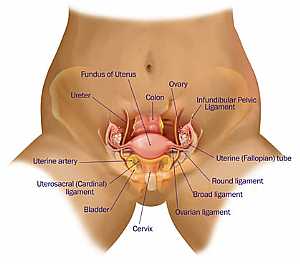 Female pelvic anatomy
Female pelvic anatomy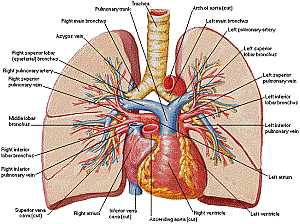 Heart and lung anatomy
Heart and lung anatomy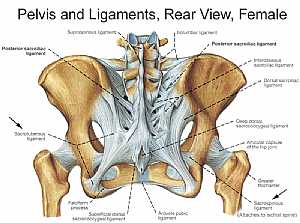 Bones and ligaments of the FEMALE Pelvis
Bones and ligaments of the FEMALE Pelvis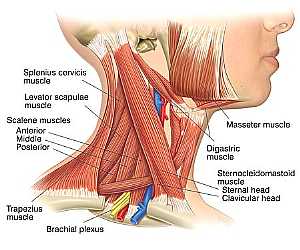 Neck Anatomy
Neck Anatomy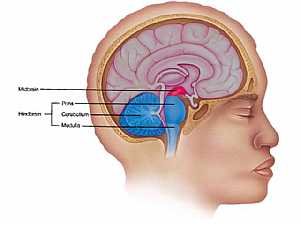 MidBrain anatomy
MidBrain anatomy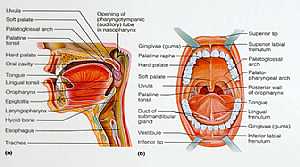 Oral Cavity
Oral Cavity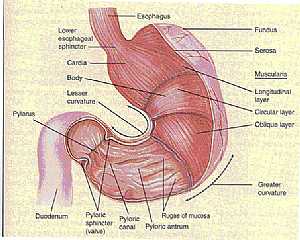 Stomach anatomy
Stomach anatomy Lung anatomy
Lung anatomy Basal Cell Carcinoma ("Rodent Ulcer" Type)
Basal Cell Carcinoma ("Rodent Ulcer" Type) Basal Cell Carcinoma (Histology-Morpheaform Type)
Basal Cell Carcinoma (Histology-Morpheaform Type) Basal Cell Carcinoma (Histology-Nodular Type - High power)
Basal Cell Carcinoma (Histology-Nodular Type - High power) Basal Cell Carcinoma (Histology-Nodular Type- High power)
Basal Cell Carcinoma (Histology-Nodular Type- High power) Skin
Skin Nervous System -- Basic
Nervous System -- Basic Brain anatomy
Brain anatomy Brain anatomy
Brain anatomy Brain anatomy
Brain anatomy Brain anatomy
Brain anatomy Head anatomy
Head anatomy Brain anatomy
Brain anatomy
Be the first one to comment on this article!